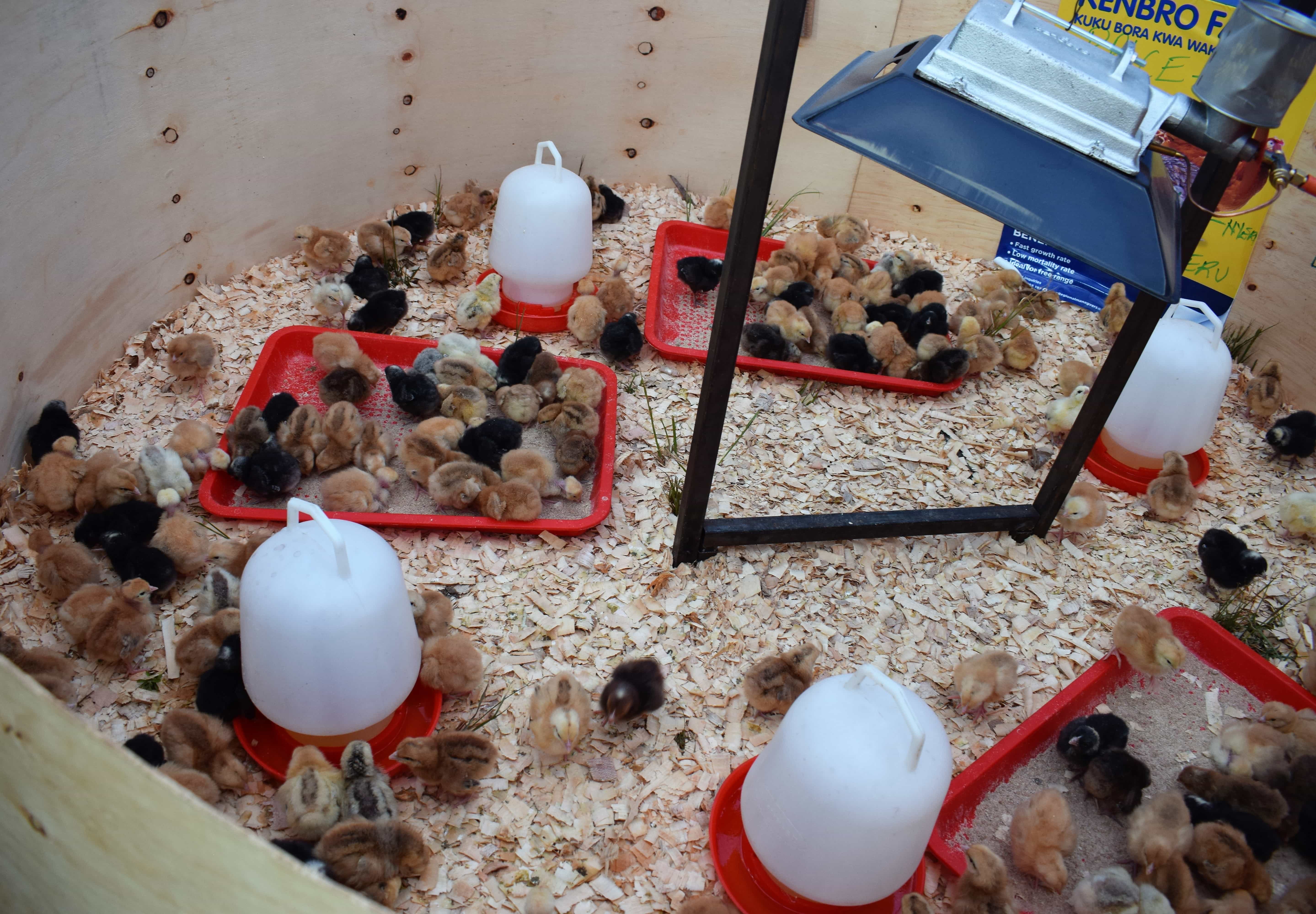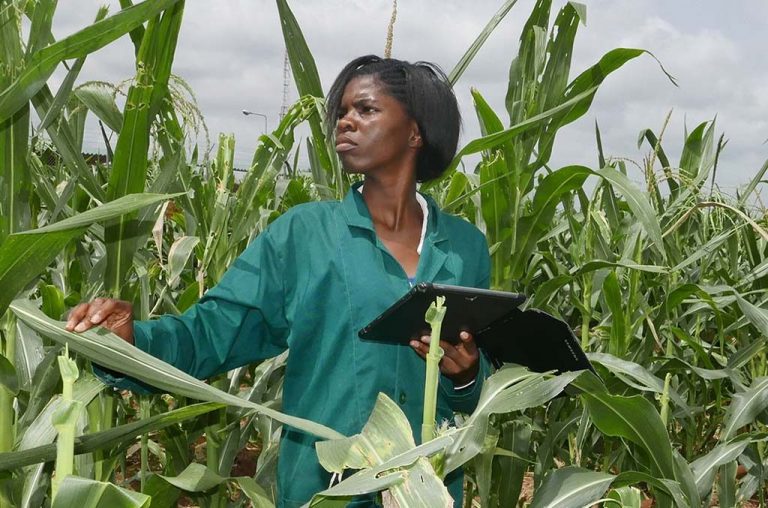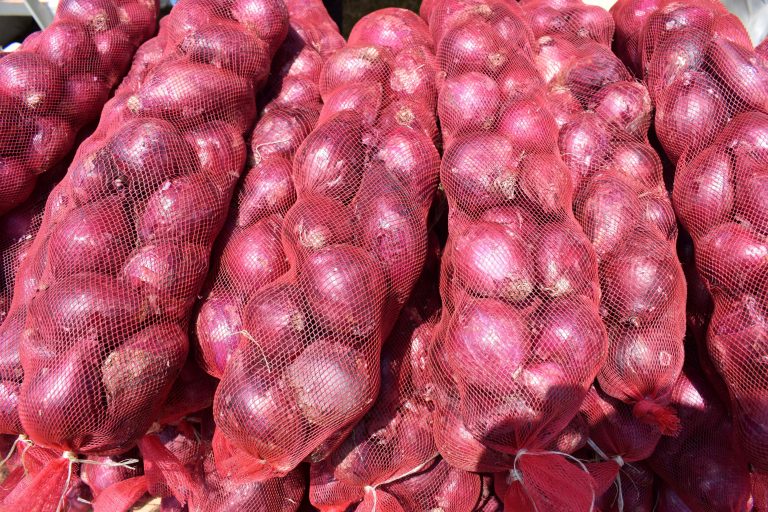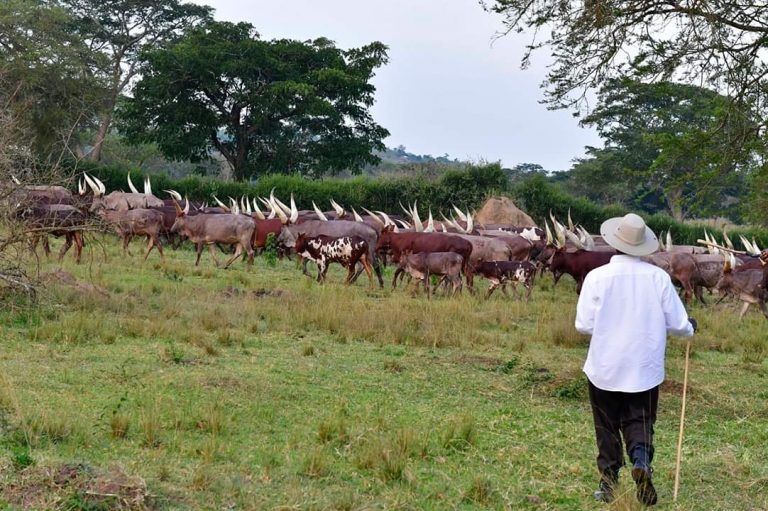Poultry breeders in Kenya are suffering massive losses due to the invasion of cheap day-old chicks from neighbouring countries. According to the Chairman of Poultry Breeders Association of Kenya Robert Muchugia, poultry breeding is expensive and involves massive investment and proper planning. “That is why there are less than ten licensed poultry breeders in Kenya today. You need a lot of land in an isolated place because of security. You need the poultry houses, the parent stock is expensive, feeding it, healthcare for the flock is also expensive. The hatchery itself including the incubators and so on is investment going down the drain when you hatch chicks you can’t sell,” says Muchugia.

Muchugia says that poultry breeders start by importing the parent stock from international breeders. The parent stock then takes six months to start laying and for the eggs to qualify as there is a standard size that can go into a machine. The chicks that come from the fertilized eggs are called commercial chicks and are the one sold in the market as day-old chicks. “So, after we have planned and predicted the time when the demand is high and the parent stock starts laying eggs, all of a sudden the market is filled with cheap imports from our neighbouring countries and disorienting our planning,” he adds.
The breeders are then forced to sell the parent stock pre-maturely as they can’t afford their food. What then happens to the chicks that they can’t sell? They kill them. “Generally, you kill them because where will you take them and the next week there are new chicks that are hatching,” he asks. The situation is so serious that up to 60,000 chicks a week are being killed by the breeders. How do they kill the chicks? “You pour the chicks into plastic bags and tie, so you just suffocate them. It is mercy killing they don’t shout a lot but you know you are gassing your money,” explains Muchugia.
Muchugia blames unfair trade between Kenya and the neighbours for the losses. “The trade ground in this region is not level. The excess chicks we produce cannot be exported to Tanzania or Uganda because the borders are closed. On the contrary, our borders are open and we are receiving those chicks duty-free from our neighbours and the permits are being issued with a lot of ease,” he says. Muchugia says that a few months ago some chicks that were headed to Tanzania were destroyed at Namanga border post. The trade block in East Africa he says is one way because “Everything is being dumped into Kenya but we can’t offload to other countries”.
So, what will be the ripple effect of all this? “We scale down, we sack people, the distributors will have no work to do, we will not buy feed as we will not be having parent stock,” says Muchugia. He challenges the Kenyan government to protect them by negotiating with Uganda and Tanzania to be allowed to sell the excess chicks to the two Kenyan neighbours. “Why is that we can receive but we can not give out? Our breeders are operating at half volume, some of the farms are closed and if demand is created, we are capable of supplying this country with all the chicks required and export the excess,” adds Muchugia.







